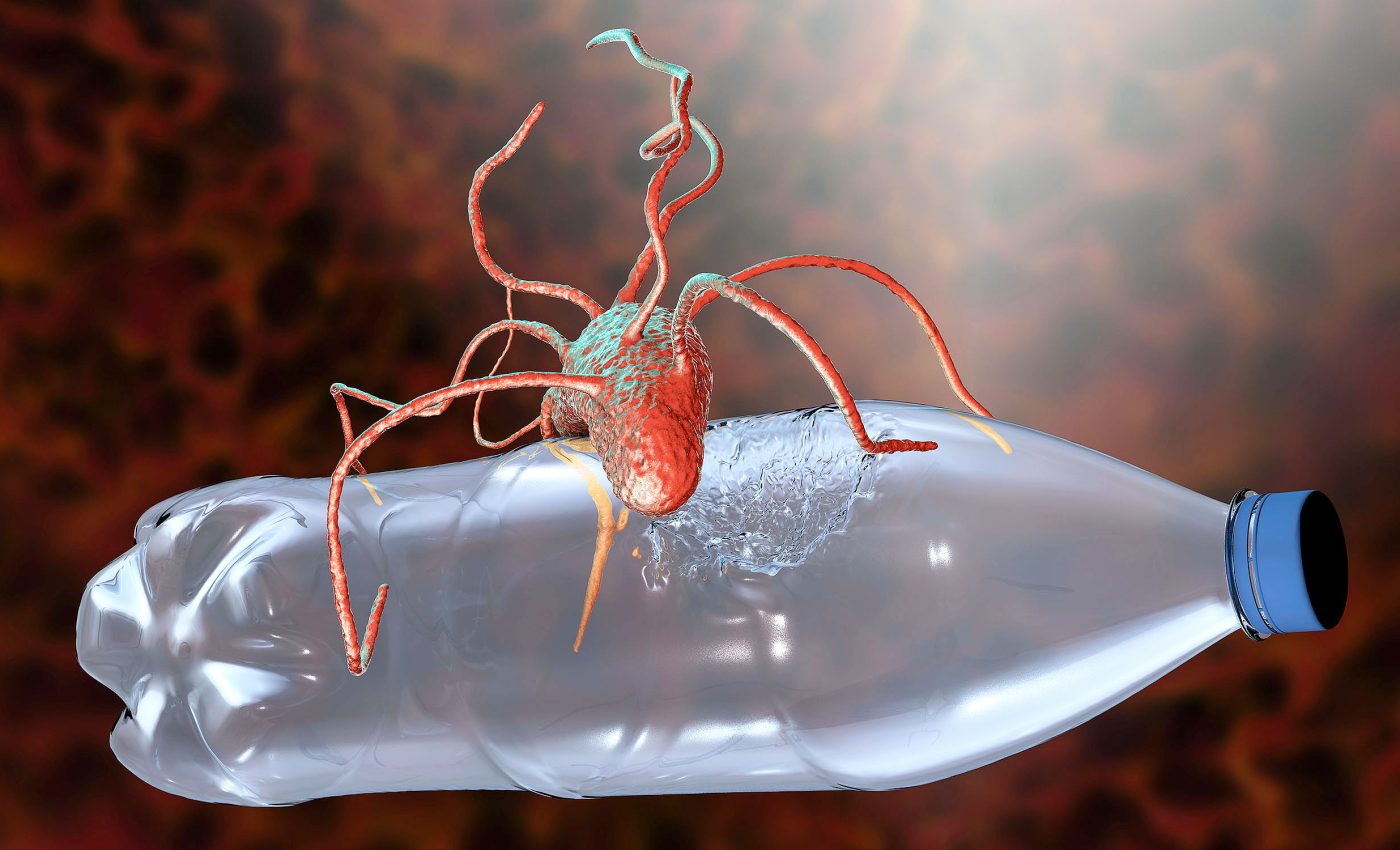
Bacteria discovered that destroys PFAS 'forever chemicals'
Say you’re sipping on your morning cup of coffee, or quenching your thirst with a glass of crisp, cool water. Hidden within this seemingly harmless act is a persistent threat. This threat comes in the form of ‘forever chemicals,’ or per- and polyfluoroalkyl substances (PFAS), and scientists have discovered they are vulnerable to some bacteria.
But, before your sip becomes a gulp of fear, there is a promising solution – a team of tenacious bacteria that seem to have a knack for getting under these stubborn PFAS ‘forever chemicals’.
The heroes of our story are bacteria from the genus Acetobacterium. This research was led by Yujie Men, an associate professor at UC Riverside. How and why are bacteria important in the battle against PFAS?
Breaking the unbreakable
PFAS are dubbed ‘forever chemicals’ due to their extremely strong carbon-fluorine bonds, making them incredibly persistent in the environment.
As you can guess, this persistence presents a significant challenge when it comes to treating polluted water sources.
However, the Acetobacterium bacteria, commonly found in wastewater environments worldwide, have shown a unique ability to break these obstinate bonds.
This ability was revealed in a study by the UCR research team published in the journal Science Advances.
“This is the first discovery of a bacterium that can do reductive defluorination of PFAS structures,” stated Yujie Men, the study’s corresponding author.
However, he did point out one limitation – these bacteria were effective only on unsaturated PFAS compounds, which contain double carbon-to-carbon bonds.
Enzymes, bacteria, and PFAS
It’s not just the bacteria that are the heroes here – their weapons have names too. These weapons, or enzymes, are the real game changers. Enzymes are proteins that act as catalysts for biochemical reactions.
After closely examining our microbial friends, the scientists were able to identify the specific enzymes responsible for cleaving carbon-fluorine bonds.
This finding is nothing short of exciting, as it could pave the way for creating more effective enzymes.
“If we can understand the mechanism, maybe we can find similar enzymes based on the identified molecular traits and screen out more effective ones,” Men shared his optimism.
Removing PFAS in water with bacteria
Using bacteria to treat groundwater is not only possible but cost-effective as well.
This process involves injecting the polluted groundwater with the preferred bacteria species along with nutrients to increase their population.
This approach sees the microorganisms destroy pollutants before the water reaches our taps and wells.
The need for such solutions becomes even more critical with recent restrictions imposed by the U.S. Environmental Protection Agency (EPA.)
The EPA now limits the presence of certain PFAS compounds in tap water to only four parts per trillion. This new regulation has water providers scrambling for PFAS cleanup solutions.
New dawn for PFAS cleanup
The success of bacteria and microbiological solutions in neutralizing PFAS has opened doors to exploring the potential of these resilient microbes against other persistent chemicals.
For instance, consider polychlorinated biphenyls (PCBs) and dioxins, two notorious environmental pollutants.
PCBs, historically used in various industrial applications, are known to resist natural degradation, posing significant hazards to both human health and ecosystems.
Similarly, dioxins, byproducts of various industrial processes, are highly toxic and have been linked to severe health effects including cancer and reproductive issues.
Other trains to treat forever chemicals
Just as Acetobacterium has shown promise against PFAS, research teams worldwide are investigating other microbial strains that might prove effective against PCBs and dioxins.
By deciphering the enzymatic pathways and genetic traits that enable these microbes to attack such sturdy chemical structures, scientists are optimistic about developing innovative and sustainable methods for decontaminating polluted sites.
The amalgamation of microbiology and environmental science thus heralds a promising future where natural organisms play a pivotal role in restoring and maintaining the purity of our water sources.
Study significance
Men’s research doesn’t stop at identifying the bacteria and their enzymes. He has been proactive in his approach to tackling PFAS pollution.
Last year, Men had identified other microorganisms that cleave the carbon-chlorine bond in chlorinated PFAS compounds, leading to pollutant destruction.
His recent discovery expands the range of PFAS compounds that can be biologically destroyed using certain kinds of bacteria.
In a world where chemicals underpin our lifestyle but also pose invisible threats, it’s vital that we keep pushing the boundaries of science for solutions.
As we continue sipping our water and basking under the sun, let’s appreciate the unseen heroes – like the Acetobacterium bacteria and researchers like Yujie Men – who are tirelessly working to ensure our water remains safe.
The study is published in the journal Science Advances.
—–
Like what you read? Subscribe to our newsletter for engaging articles, exclusive content, and the latest updates.
Check us out on EarthSnap, a free app brought to you by Eric Ralls and Earth.com.
—–













